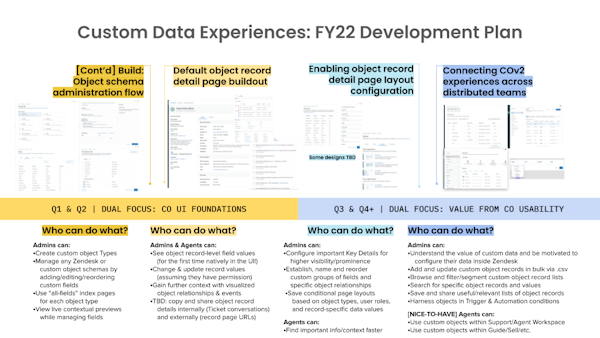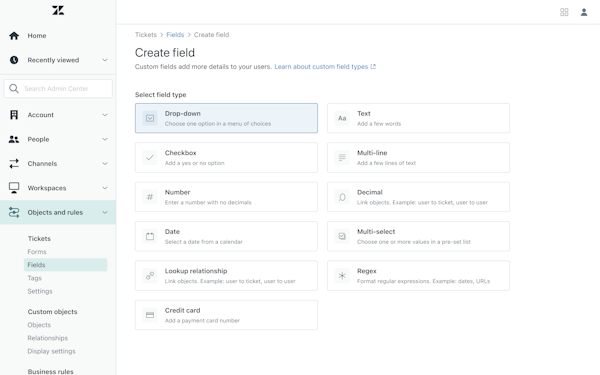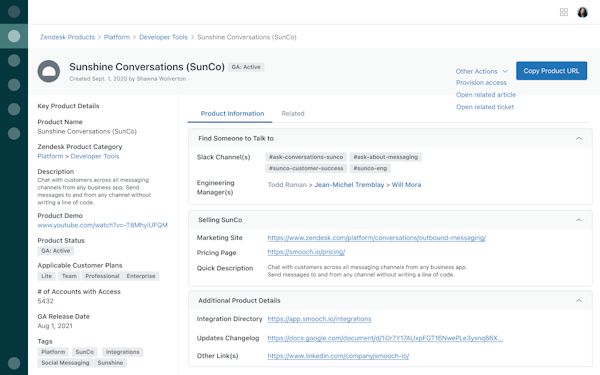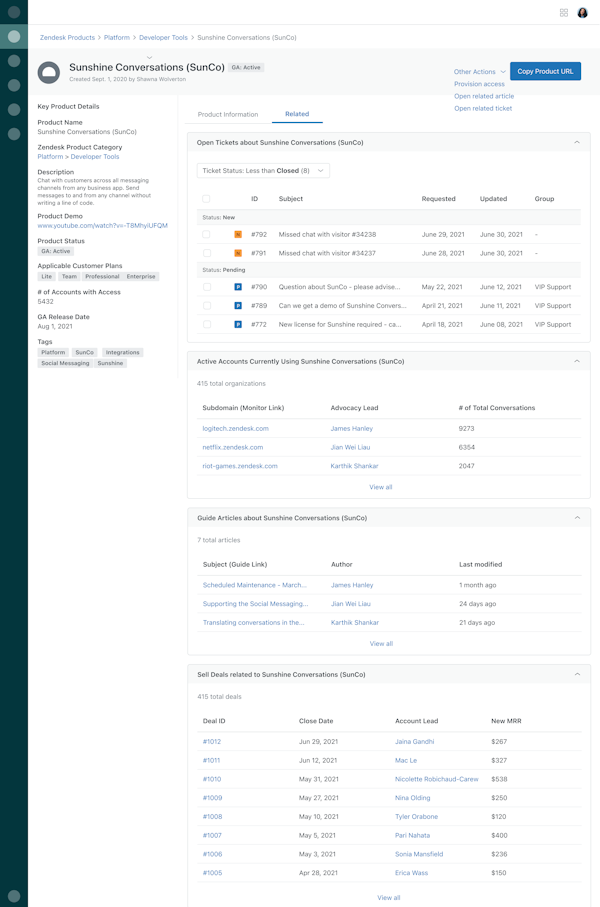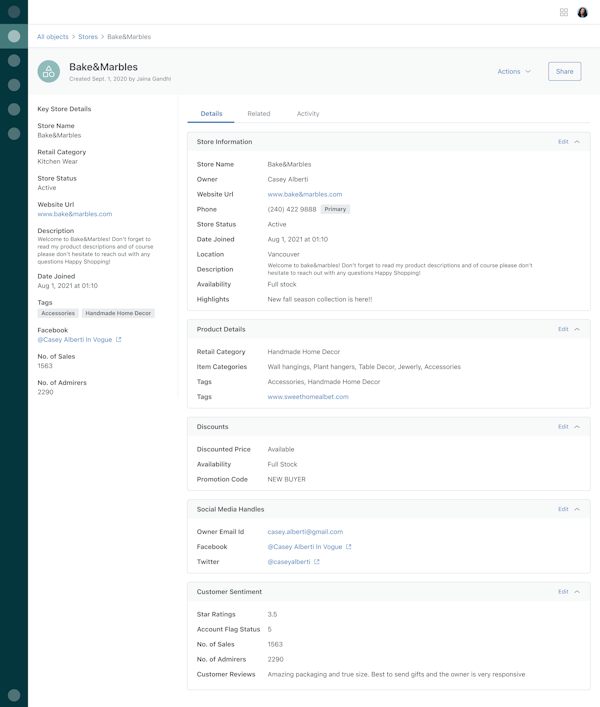[In-progress draft]
Product Strategy: Custom Objects in Zendesk
users:
honestly, nearly the entire Zendesk ecosystem --
Product Strategy: Custom Objects in Zendesk
users:
honestly, nearly the entire Zendesk ecosystem --
- Zendesk admins
- Zendesk agents
- Zendesk users who write articles
- Zendesk users who communicate internally through ticket conversations
- End-users: Zendesk customers' customers who have problems they need help solving
the problem(s)
no one business is the same: every one of Zendesk customers have unique, distinct business operations - their customers are all writing tickets for different problems, and their agents are performing different tasks using external tools to solve those problems.
a one-size-fits-all customer support tool can only go so far: agents shouldn't need to sift through 10s or 100s of ticket conversations to gather context on a customer problem. their admins shouldn't need to create custom fields multiple times to display the same relevant information on Tickets, Users, and Organizations.
additionally...
MVP-UH-OH: Zendesk's first version of custom objects was built with very little UI consideration - there are a few minimal admin screens to first get custom data setup, but none for bulk record upload -- users must know how to use APIs (aka know how to code) to get their custom data inside Zendesk.
What's worse: There is absolutely ZERO native UI for Zendesk agents to view and use Custom Objects in their Support interfaces. Even if a customer can code Custom Data into Zendesk, it's not usable unless they sign up for a few early-access beta apps.
how might we allow Zendesk customers to hyper-customize their support tools based on their unique workflows, whether or not they know how to code?
goals:
- reinvent Custom Objects using custom fields as a foundation: modernize the custom field creation process to allow for further enhancements like templates, and custom validation
- highlight Custom Objects natively in UI by surfacing their relationships to Users, Tickets, and Organizations - allow Agents to view and manipulate record-level values and relationships
- ensure steady CRUD operations for custom data - allow for import/export/sync and make custom objects a first-class system object, able to be searched through, filtered and added to lists
lessons learned:
- oh so many. I'll come back to write this part.





